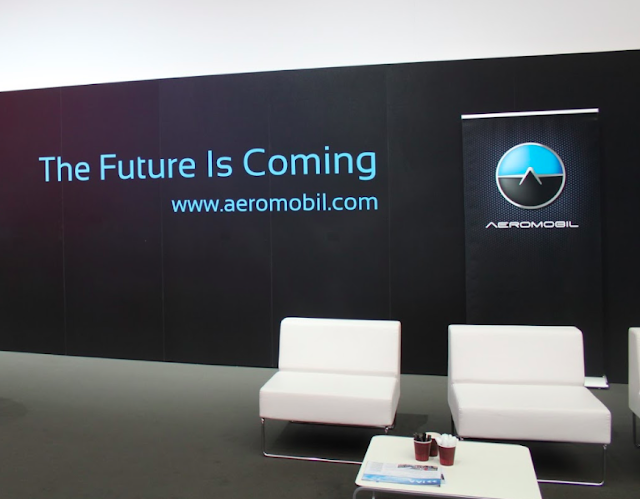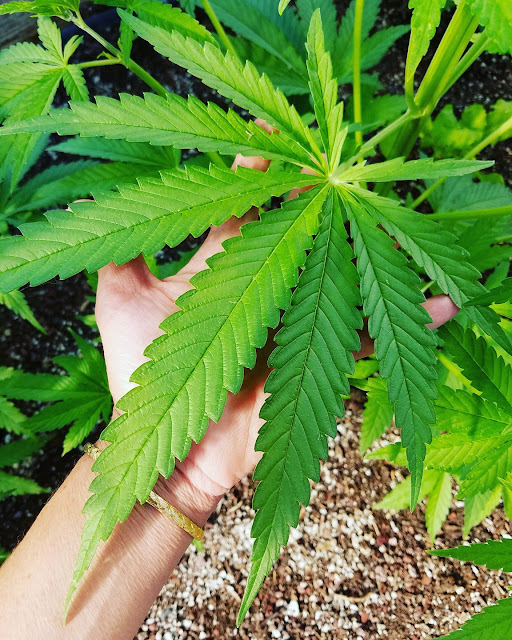Ever since I was a kid, I have been dreaming about working in the auto industry. Even though math and I had a complicated relationship (even today I guess), I still chose engineering. Now at 26, I am about to finish my masters and finally turn my dream into reality.
And all of a sudden, the auto industry across the world is experiencing an unprecedented downturn over the past two quarters. While some may say its cyclical and will get back to normal as usual, but deep down this looks like a big shift is about to happen, and countries that depend on the auto industry should be cautious.
India is the world's fourth-largest auto market, produces around four million vehicles annually and employs approximately 35 million people in various roles. With the current recession and signs of disruption, these jobs could now be at risk, making it crucial to understand this slowdown as more than just cyclical!
Understanding the auto industry's century-old business model
For over a hundred years, the auto industry has operated on a linear business model, automakers manufacture cars, consumers buy them, visit service centers for maintenance, and occasionally upgrade to newer models. This traditional cycle has sustained profits and employment for decades.
However, the landscape is changing due to several factors: climate change, urban congestion, rising fuel prices, electrification, the convenience of ride-sharing, banks tightening loan approvals, and according to our Finance Minister, Mrs. Nirmala Sitharaman, millennials’ evolving buying behaviors is also contributing to this shift. I agree with her comments, but I believe other factors have a greater impact.
For instance, my sister, who works at Microsoft in Bangalore, recently got married. She and her husband love cars and driving but were discouraged by the worsening traffic congestion and the challenges of finding parking. Instead of purchasing a car, they rely on bikes for daily commutes, use Ola or Uber when necessary, and rent a car for weekend getaways. This isn’t just their story, it’s the reality for many people living in big cities around the world. So, what’s the solution? Should we voluntarily limit our car usage, should the government focus on building more roads and bridges, or should we look for something else, something disruptive just like when we moved from horse carriages to motor cars? If so, when and how?
"Change is happening rapidly, it's inevitable. The question is not about how to stop it, it's about finding what's coming next or at least finding what's causing this behavior and look for possible solutions"
Kondratiev wave and creative destruction. Understanding the disruption (change)
Change is inevitable; it has to come now or sometime later. But how do we notice when it's time for a change and how to create new opportunities? Two management concepts from my entrepreneurship course help explain this: Kondratiev waves and creative destruction.
In simple terms, every major trend follows a cycle; whenever a new trend is identified, it creates new opportunities and the demand will rise continuously until it reaches a tipping point and falls thereafter. And another new trend will evolve, rise, fall, and repeat! We have already adopted many trends that have enhanced our lives. If building more roads and bridges can’t solve our traffic issues and has thrown the industry into chaos, why shouldn’t we think beyond traditional solutions and look for new ways to travel?
"We have already adopted many trends which made our lives smarter and better and continue to make better; we are used to it. I think it’s time for the auto sector to join the party!"
Disruption=new opportunities and ultimately equals to being a part of rewriting the history
Disruption is common, it's happening in many other business areas. Consider the camera industry, about a decade ago we used roll cameras, we bought film rolls, took pictures, developed those, and made a nice photo album. A whole ecosystem thrived on this model: film manufacturers, photo studios, printing labs, and even retail stores that sold accessories and albums.
But things have changed now, the way we take photos, store them, and share them, everything has changed. We have social media such as Facebook and Instagram to share, storage services like Google Photos that let you store literally unlimited photos, stock photography like ShutterStock to sell your best photos, and action cameras like GoPro to document your adventures. These companies are now generating high revenues and providing jobs all over the world.
And businesses that relied on film cameras did not vanish entirely, but many had to reinvent themselves. Those that embraced digital technology and adapted their business models have been able to continue operating and, in some cases, they thrived!
All this happened once we shifted from old roll cameras to something new (digital age in this case). Disruption is good, it has to happen to make our lives better and more exciting. Do you prefer going back to the roll camera age instead of all that you have now?
"Every time a disruption happens, the customer benefits a lot"
Reshaping the auto (transport) sector and why we should be optimistic about it!
Aeromobil, a flying car concept displayed at IAA, 2017 (Frankfurt Motorshow) in Frankfurt, Germany.
I think the challenge for the auto industry, and the whole transport sector, is about how we move people from point A to point B and satisfy customers in every segment. Like we have today, the industry is divided into many categories like city commuters, budget, luxury, and driving enthusiasts, each meeting different customer needs. The question is how we reinvent these categories with new solutions and create business models around them.
If we look at history, the obvious solution is to encourage creative destruction and figure out what's best and adopt those innovations with future customers in mind. Soon we can expect ride-sharing to become even more convenient, with autonomous and connected technologies eventually replacing human drivers and make shared mobility more personal and productive. Innovations like Elon Musk’s Boring Company, double decker buses could temporarily solve city congestion. Air taxis might become legally operational, while concepts like hyperloop, virtual track trains, and straddling buses may turn into practical realities.
While many of these remain concepts, they are exciting prospects that could make travel more cleaner, efficient, and create new business opportunities. This is the mindset we need to adopt. Maybe the future is already here, but we are too busy worrying about the recession and clinging to old business models, a classic Innovator’s Dilemma.
And.. the new rules of competition
I attended a business and technical conference this year (2019) in April in Riga, Latvia (Deep Tech Atelier, 2019) where many great leaders shared their views about future possibilities. One interesting topic was about the change in the business landscape. We are entering an era of open business environments where innovations are becoming more and more affordable, and even freely accessible through open-source technologies (much like what the software industry adopted to grow faster).
I have read numerous stories from the era when the world was transitioning from horse carriages to motor cars. While some tried focusing on improving the traditional horse drawn carriages, other like Nicolas-Joseph Cugnot, Carl and Bertha Benz, Henry Ford, and others experimented different ways to move people from A to B. They failed, went broke, and were often misunderstood as crackpots, but against all odds, they broke away from convention and helped build the auto industry we enjoy today.
As a startup enthusiast, I see this slowdown and chaos in the industry as a phase of disruption, much like those early days when cars were just starting to replace horse carriages. The automotive and transport industries feel like a fresh blank canvas, ready to be reshaped. I believe the time has come to restart, rethink, and rewrite history by embracing rapid technological advancement to reinvent the joy of motoring and drive humanity forward.
What a great opportunity for enthusiasts and professionals in the auto industry!
Thanks for reading, comments are appreciated!






Comments